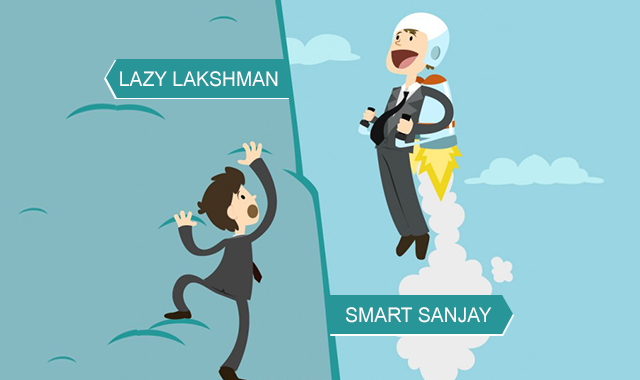
The current pandemic naturally calls for panic around uncertainty, but as a sliver of hope, you must draw comfort from the fact that India, as a nation & economy, is behaving in a highly proactive manner to ensure that the health & wealth of the nation is secured to the extent possible.
While the Government & Reserve Bank of India is doing their job with maximum efficiency, perhaps it is time you understand the current situation well and take the right financial decisions.
Here are the top five queries investors like you asked us during the week and our responses to it. Hope this helps you as well.
If you need cash this year or a little into next year, you could perhaps consider switching smaller portions into debt funds like liquid funds over the period.
Mutual Funds itself are diversified products that let you invest and benefit from appreciation across asset classes like equities, debt, and gold. However, the National Pension System (NPS) is also a similar product, letting you choose allocation towards equities & debt – the bright aspect is that investing into these allows for an additional tax-break of an investment up to INR 50,000 under section 80 CCD. So, NPS should be a good addition to your retirement portfolio, especially from a taxability perspective.
Typically, employer-provided health insurances have an average cover. There is merit in checking for the illnesses & ailments covered by the policy along with the sum assured. Also, one must consider the brutal reality that quite often than not there is nothing such as job security and that in any uncertain event which could result in a loss of a job, it could also translate to the cessation of your ongoing policy through the employer – leaving you uninsured.
It is advisable to have personal medical insurance, a family-floater if you have a family. As a rule of thumb, if your income is up to INR 5 lakh annually, your cover should be of at least INR 3 Lakh and if you earn more or have dependents, you must have a cover of at least INR 10 Lakh.
Now, these are indicative, and one must understand that medical expenses could swing anyway. It is advisable to seek the assistance of a financial consultant to help you understand your cover requirement basis for your personal situation.
Times like now are a reminder of uncertainties in life. It is important that one has adequate life cover which can substitute his/her income for the next three to five years (depending on the family’s dependency on this income) in case of an unfortunate incident that comes along with the burden of a stopped income stream.
RBI has announced a slew of measures to support the health and wealth situation of Indians. One such measure is that the central bank has issued guidelines to all banks and non-banking lenders to allow a 3-month moratorium on a home loan, personal loan, education loan, gold loan, credit card dues, etc. This means, if you are unable to pay your EMIs or credit card dues for three months, it will not impact your credit score.
You can reach out to your banker/lender and seek clarity on it. Please note that the interest on the skipped installment will continue to be accrued and added to the principal amount, which will be payable after three months per current notifications.



























